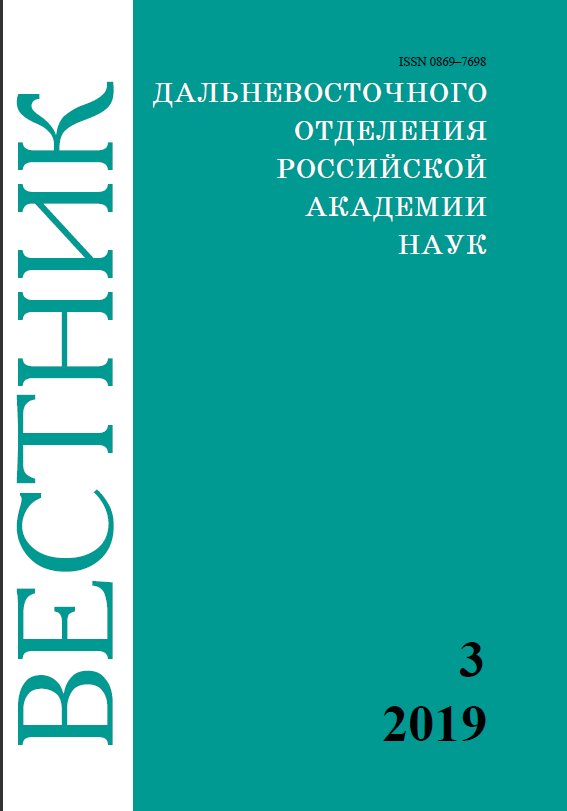Comparative evaluation of catalase activity and resistance to unfavorable environmental factors of strains of nodule bacteria Bradyrhizobium japonicum and Sinorhizobium fredii, selected in ARSRI of Soybean.
Keywords:
soybean nodule bacteria, rhizobia, Bradyrhizobium japonicum, Sinorhizobium fredii, species, strains, catalase, stress tolerance, salt tolerance, temperature shock.Abstract
Comparative evaluation of catalase activity and resistance to unfavorable environmental factors of
strains of nodule bacteria Bradyrhizobium japonicum and Sinorhizobium fredii, selected in ARSRI of Soybean.
M.V. YAKIMENKO, S.A. BEGUN, A.I. SOROKINA (All-Russian Scientific Research Institute of Soybean,
Blagoveshchensk).
Collection strains of soybean nodule bacteria Bradyrhizobium japonicum (Jordan, 1982) and Sinorhizobium fredii (Scholla, Elkan, 1984) differ in stress tolerance (increased content of NaCl in the nutrient medium, increased growing temperature). It was established that the collection strains of B. japonicum and S. fredii have different catalase activity. 10 % of B. japonicum collection strains and 12 % of S. fredii strains showed high catalase activity, 13 % of B. japonicum strains and 15 % of S. fredii strains showed an average catalase activity. In 40 % of soybean rhizobia strains of both species, catalase activity was not revealed. Among the rhizobia of B. japonicum, strains with moderate catalase activity (44 %) prevailed. The strains of B. japonicum with increased catalase activity were resistant to concentration of 8.5 g/l sodium chloride in the mineral-plant medium and to growing temperature +39…+40 ℃. The resistance of S. fredii strains to unfavorable environmental factors was higher compared with the strains of B. japonicum and did not depend on catalase activity.


